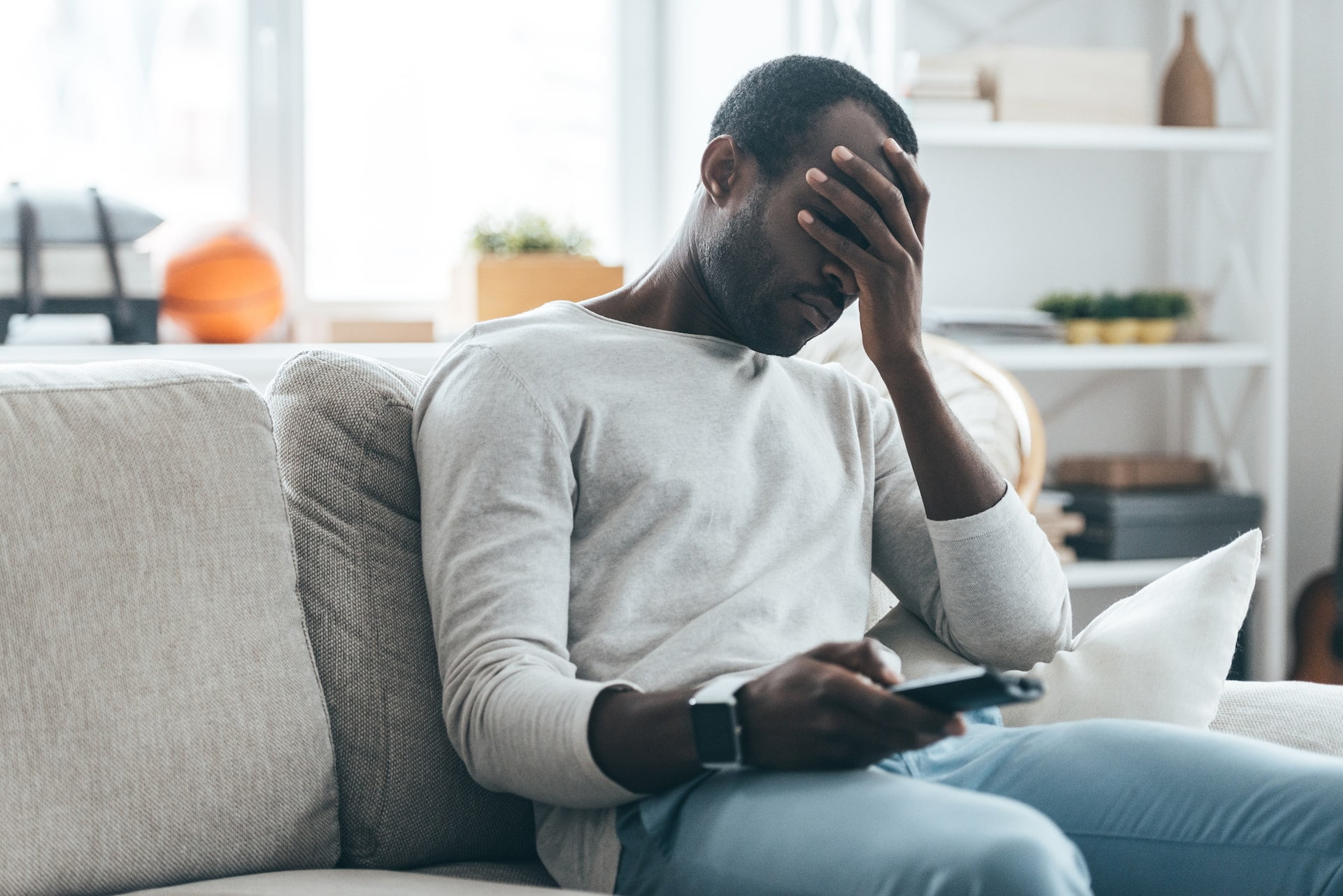Healing by Faith: Finding Support from a Christian Counselor in Texas
As Christians, why do we claim, embrace, and take ownership over what does not belong to us, including sicknesses, illnesses, diseases, and afflictions? I hear and see many commercials on prescribed medications for diseases and infections, and people say "my" as if it were theirs to embrace and hold onto. I watched a commercial with a woman singing about Type II diabetes as if it was set up as a musical or play from Broadway. Why is she celebrating the disease as a joyous occasion? This is often the worldly normality of life for those diagnosed with a sickness or disease. Instead, I offer an alternate challenge: Let's be mindful of what we say and change how we speak. Proverbs 18:21 (AMP) says, "The tongue has the power of life and death, and those who love it will eat its fruit." We must watch our language when discussing things that are not part of Yahweh's plan. Let's speak positively! Bad health, disease, and decay were not originally intended for Yahweh's people. When illness strikes, it's a reminder of our human vulnerability, encouraging us to turn to Christ the Messiah for strength, who can restore our health (Jeremiah 30:17). Diseases and sicknesses were not created for us to keep, so why do we claim them as ours? According to the Merriam-Webster Dictionary, "healing" means to be free from injury or disease, to make sound or whole, to restore health, and to make well again. We should treat Yahweh's Scriptures like medicine, nourishing our souls, as they can bring healing. His healing can be instantaneous (Psalm 107:20). Do you believe in the Heavenly Father's Word over the adverse reports that could harm you? Let's stand firmly on our foundation of faith and believe in the Most High's Word. My Testimony of [...]








